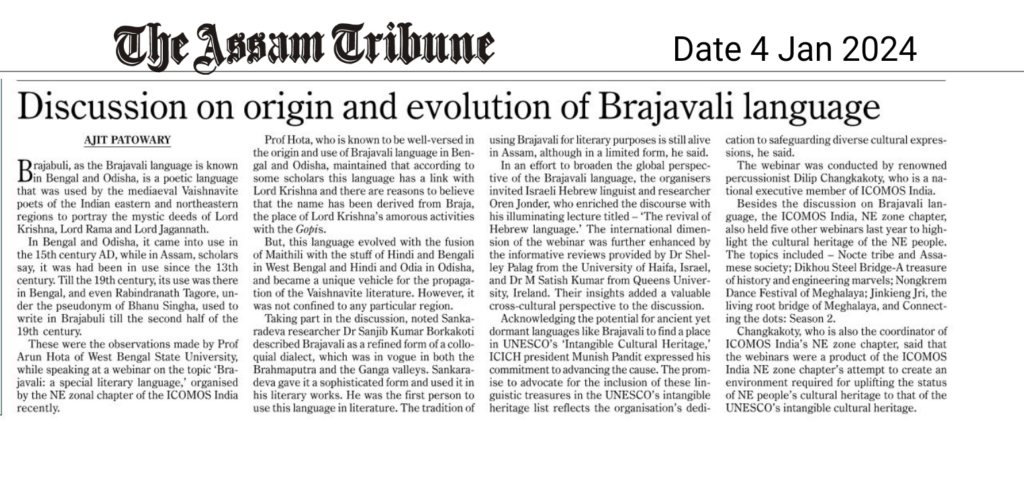The programme offers small and large grants to document material knowledge systems that are under threat and in danger of disappearing. This includes knowledge systems associated with the making, use, repair and re-purposing of material objects, spaces, architecture, performances and environments. In order to qualify for these grants, these knowledge systems must still be actively pursued, or at least practiced within living memory of the knowledge holders. EMKP does not support work to revitalise a lost or forgotten tradition.
Small Grants can last up to one year with a maximum award of £15,000. Small Grants are intended for projects that are focused on a specific/individual material practice and which are limited in scope. They are also suitable for initial pilot work to establish the nature and extent of material knowledge systems where these might not be previously known, or for early career applicants who are building new projects.
Large Grants can last up to two years with a maximum award of £70,000. Large Grants are suitable for mature projects where intensive and more diverse documentation is proposed, a larger team is needed, multiple strands of work are happening simultaneously and/or more time is needed to complete the documentation (e.g. because of seasonal cycles of working)
Documentation methods can include, but are not limited to, film, audio recordings, photographs, written notes, maps, 3D images, and drawings. Successful applicants must agree to submit digital copies of these records to the British Museum’s EMKP digital repository, which is open access.
Applicants from across the world can apply for grants irrespective of nationality, although they must be affiliated to an institution that can provide independent oversight and reports to EMKP. There is no restriction on where the proposed work can be carried out; however, strong preference is given to projects in regions and countries where there is limited financial support available for research.
Learn how to apply on the programme’s website.


